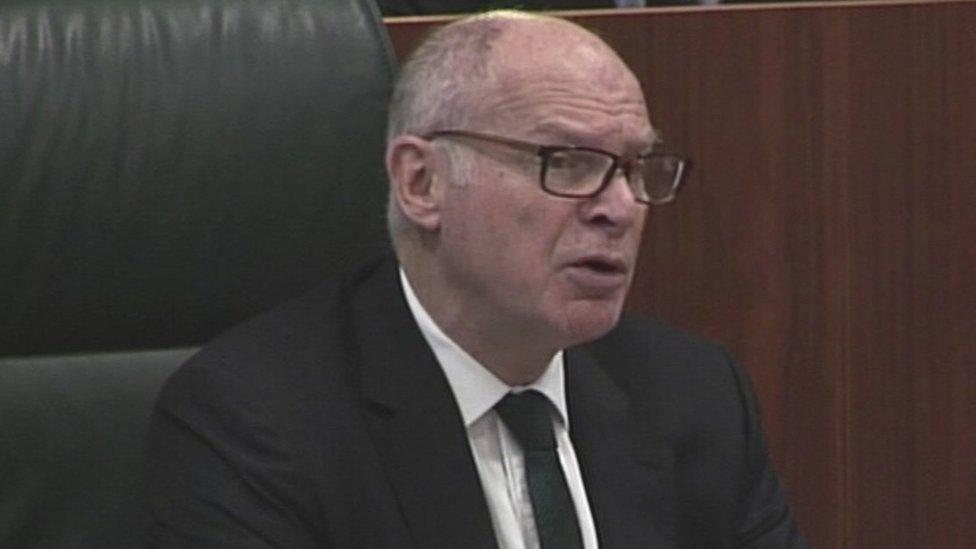Assembly not moved on from referendum, says Andrew RT Davies
- Published
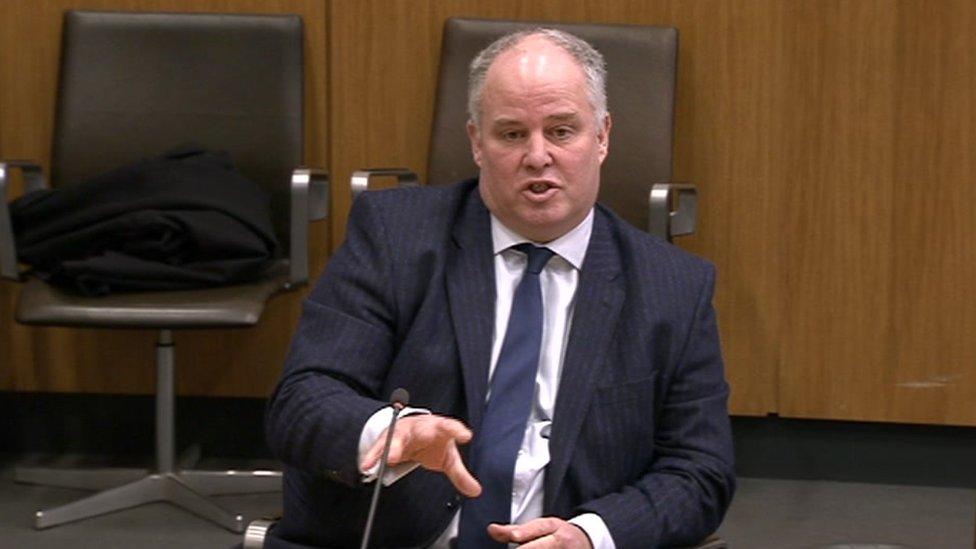
Andrew RT Davies said the assembly should seek to shape the post-Brexit landscape
The assembly is still "stuck" in the EU referendum campaign, the Welsh Conservative leader has claimed.
Andrew RT Davies told a House of Lords committee the assembly had not moved on from the Brexit vote, creating a "disconnect" with most people.
In the June 2016 poll 52.5% of voters in Wales backed leaving the EU, with 47.5% supporting Remain.
Plaid Cymru's leader Leanne Wood told the committee there was a lot of confusion over the details of Brexit.
The three opposition parties leaders in the assembly were giving evidence to the Lords EU Select Committee, which was visiting the Senedd on Tuesday.
The leaders agreed that polling evidence suggested no change in the wishes of the Welsh public to leave the EU, seven months after the referendum.
Mr Davies made his comments as Plaid Cymru prepared to force a vote in Cardiff Bay on whether the UK government should triggering Article 50, starting the Brexit process.
"The point that concerns me greatly is actually the disconnect from this devolved institution, and the mandate that the people of Wales turned out for and gave on June 23," he said.
"It does feel very often as if the debates and the discussions are still stuck in the referendum here, rather than having moved on to try to create and shape the landscape that we are all going to live in once the negotiations begin and are completed.
"I think there is a positive role for this institution to play, but at the moment this institution is still playing out the referendum back last year."
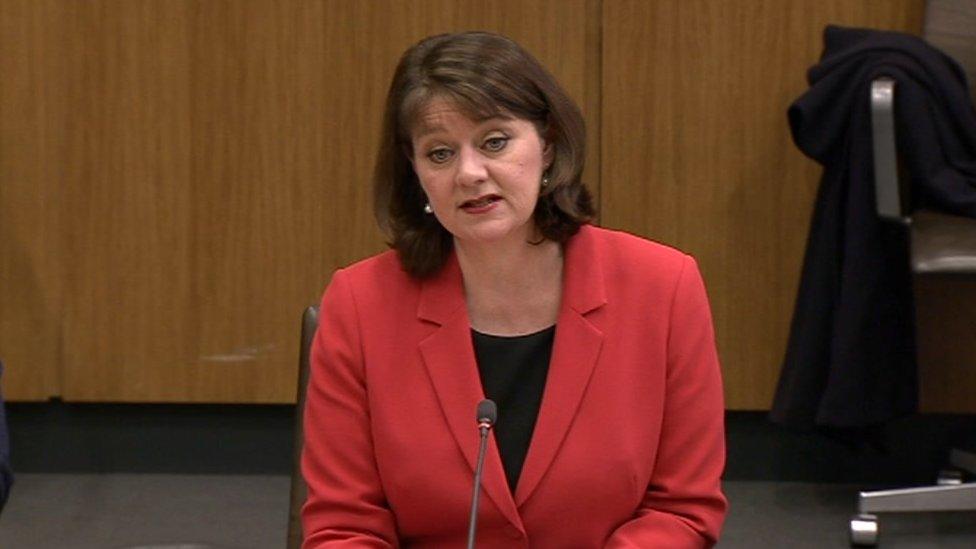
Leanne Wood said the European single market was important for Welsh jobs
But Plaid Cymru leader Leanne Wood said there was "a lot of confusion around the different terms used in this debate, in particular the question of membership of the EU and membership of the single market".
"It is important to put on record that the two things are different," she said.
"There are countries that are outside of the EU but inside the single market, like Norway."
UKIP group leader Neil Hamilton told the committee he believed there could be benefits for the assembly as a result of Brexit.
"I welcome the prime minister's statement that there would be no rowing back on the devolution settlement," he said.
"Indeed Brexit gives us a huge opportunity in Wales to repatriate powers, not just from Brussels to Westminster, but also to Cardiff, in particular control over agricultural policy, environmental policy, both very important to significant businesses in Wales.
"I see this as a massive opportunity and no excuse for doom and gloom."
'Anger and alienation'
Gerry Holtham says a hard Brexit could cause 'anger and alienation' in rural Wales
Economist Gerry Holtham later told the committee that a so-called hard Brexit could damage Welsh culture because of its impact on the farming industry.
He said Wales would be hit harder by the loss of free trade with the European Union than the rest of the UK due to its dependence on industries such as aerospace, cars, and farming.
The Cardiff Metropolitan University professor warned that there could be "anger and alienation" in Welsh-speaking rural areas if farming suffered, claiming that there could be a cultural as well as economic impact of tariffs and trade barriers.
- Published7 February 2017
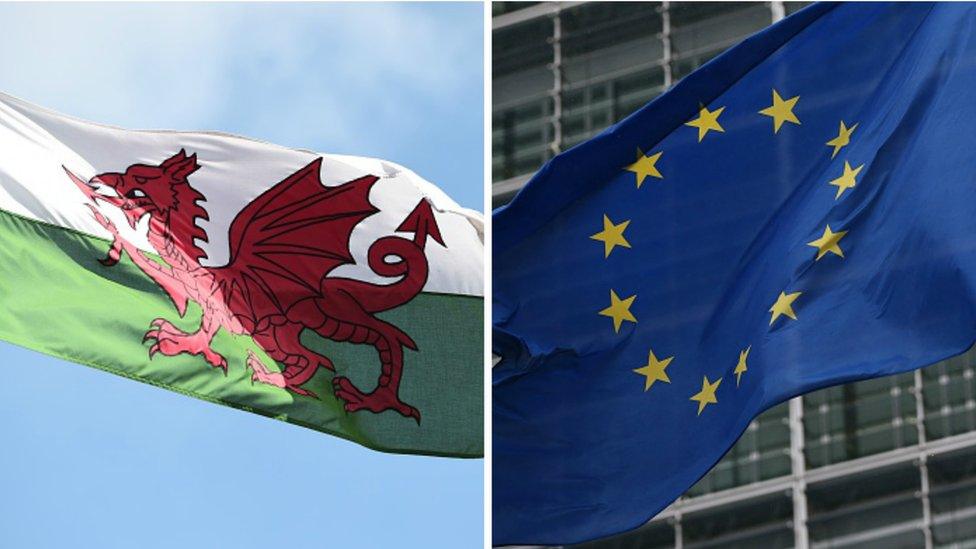
- Published25 January 2017
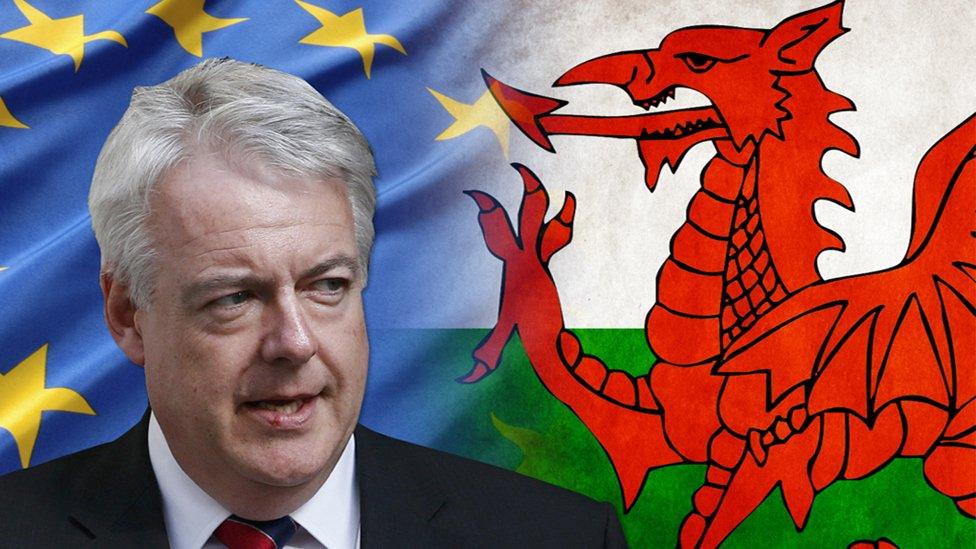
- Published1 February 2017
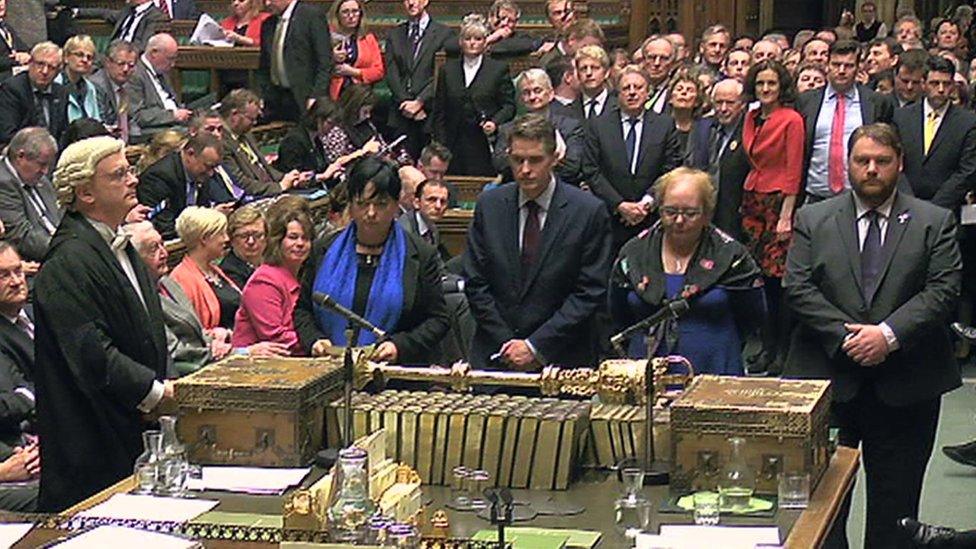
- Published25 January 2017
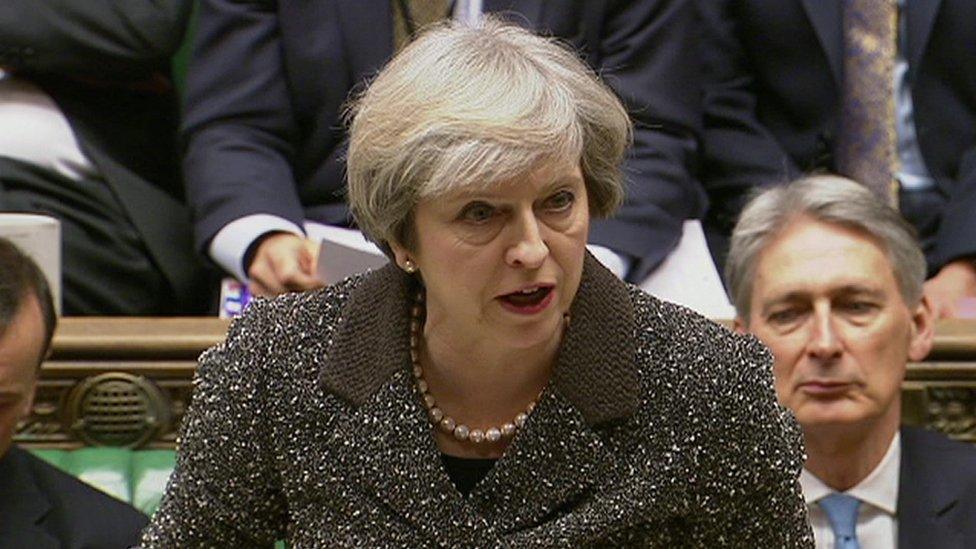
- Published24 January 2017
